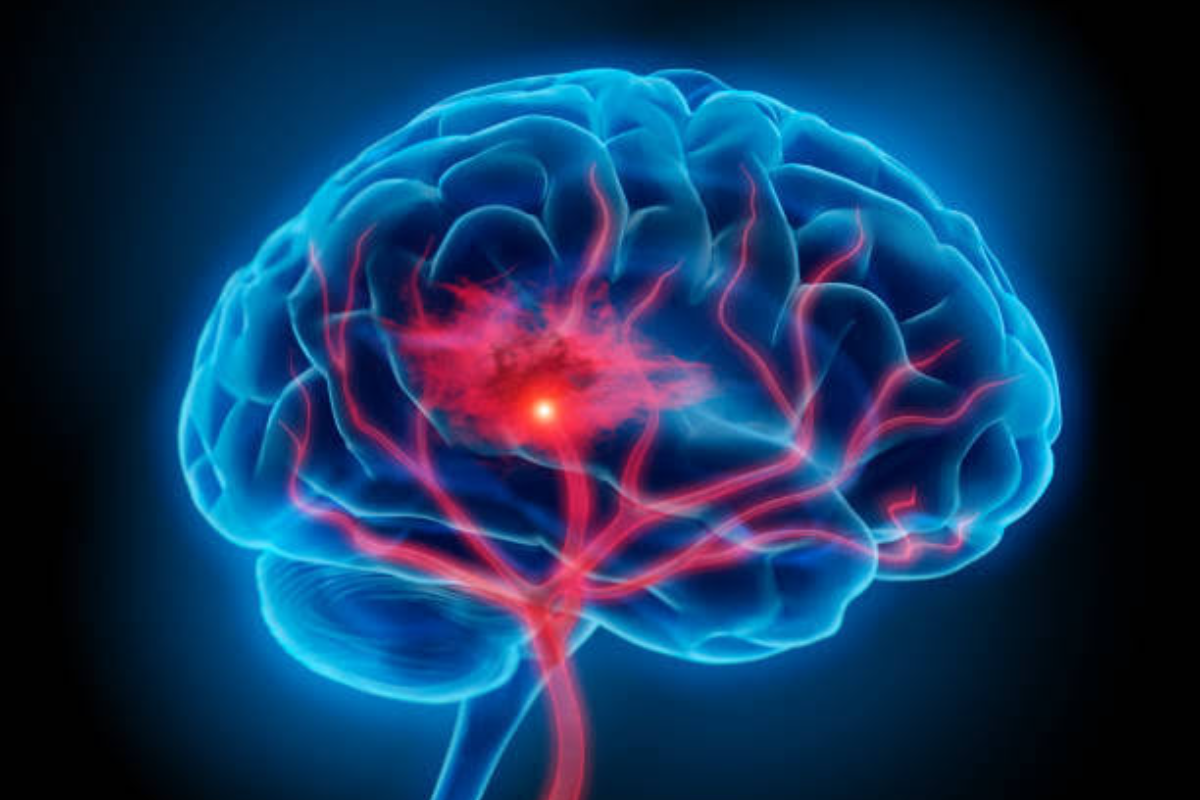NEW DELHI: Stroke-related fatalities could escalate to a staggering 10 million per annum globally by the year 2050, a new study published in the Lancet Neurology journal suggests.
Low and middle-income countries are expected to bear its maximum brunt.
However, the study underscores that stroke is a highly preventable and treatable condition.
The research indicates that the global stroke mortality rate is projected to surge by a substantial 46.83%. Disturbingly, there is also mounting evidence pointing to an increasing incidence of strokes among the younger population, particularly those within the 55-year age bracket.
Key risk factors contributing to strokes include diabetes, hypertension, air pollution, smoking, unhealthy diet, low physical activity, cold weather, and alcohol consumption.
According to the report, stroke-related deaths are predicted to rise from 6.6 million in 2020 to an alarming 9.7 million by the year 2050. Moreover, low and middle-income countries (LMICs) will witness a significant increase in the contribution of stroke-related deaths, soaring from 86% to 91%.
READ MORE: Standard care to reach 75 million hypertension patients by 2025: Health Ministry
Dr. Rajiv Bahl, Director General of the Indian Council of Medical Research (ICMR), has stressed the crucial importance of implementing evidence-based stroke care to mitigate disabilities and prevent new strokes.
“ICMR is actively engaged in developing country-specific ambulatory care models at the primary care level to combat non-communicable diseases. The Government of India remains committed to formulating evidence-based policies and their implementation through the National Programme for Prevention & Control of Non-Communicable Diseases (NP-NCD),” noted Dr. Bahl.
Dr. Bahl also highlighted the success of the India Hypertension Control Initiative (IHCI), which harnessed tech-driven innovations to digitally monitor over 2 million patients, achieving real-time blood pressure control in 50% of cases. The IHCI was honored with the 2022 UN Inter-Agency Task Force and WHO Special Program on the Primary Health Care Award.
Professor Jeyaraj Pandian, President-Elect of the World Stroke Organisation and a lead author of the Commission, emphasized the need for a comprehensive examination of the factors contributing to this alarming increase in stroke-related deaths.

